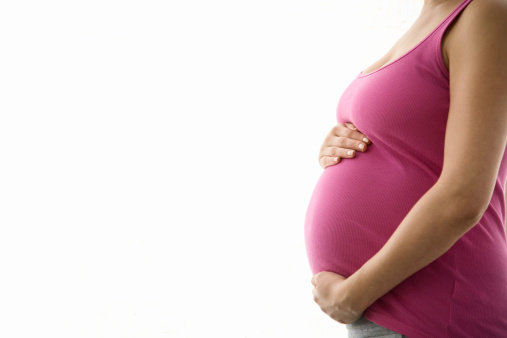High dose folic acid does not prevent pre-eclampsia in high risk women

High-dose folic acid supplements do not prevent pre-eclampsia in women at high risk for the condition, according to a new study.
Researchers from six countries looked at the prevalence of pre-eclampsia in pregnant women – beyond the first trimester – who were taking folic acid supplements compared with those who were not, but found no difference.
The paper, published in the BMJ last week, set out to determine the effectiveness of high dose folic acid supplementation for prevention of pre-eclampsia in women with at least one risk factor.
Risk factors included pre-existing hypertension, pre-pregnancy diabetes, twin pregnancy, pre-eclampsia in a previous pregnancy, or body mass index ≥35.
Pre-eclampsia – a serious condition where abnormally high blood pressure and other complications develop during pregnancy – affects about 3-5% of pregnancies.
The researchers analysed nearly 2,500 pregnant women from across 70 obstetrical centres in five countries – Argentina, Australia, Canada, Jamaica, and the UK – with at least one high risk factor for pre-eclampsia between 2011 and 2015.
The women were randomly split into two groups, with participants in one receiving a daily high dose folic acid, while those in the other group received a placebo.
Just under 15% of women in the folic acid group experienced pre-eclampsia (169/1,144), compared to just under 14% (156/1,157) in the placebo group.
The researchers concluded: ‘Supplementation with 4.0mg/day folic acid beyond the first trimester does not prevent pre-eclampsia in women at high risk for this condition.’
They added: ‘However, folic acid supplementation remains indicated in preconception and early pregnancy but there is a need to define when to discontinue supplementation as current clinical practice guidelines do not provide clear guidance beyond the first trimester.’
In June, researchers conducting a separate study found there is no evidence that vitamin D reduces the likelihood of gestational diabetes and preeclampsia.
They said their findings supported the World Health Organization’s position that ‘evidence recommending vitamin D supplementation for women during pregnancy to reduce adverse pregnancy outcomes is insufficient’.
Pulse October survey
Take our July 2025 survey to potentially win £1.000 worth of tokens

Visit Pulse Reference for details on 140 symptoms, including easily searchable symptoms and categories, offering you a free platform to check symptoms and receive potential diagnoses during consultations.









